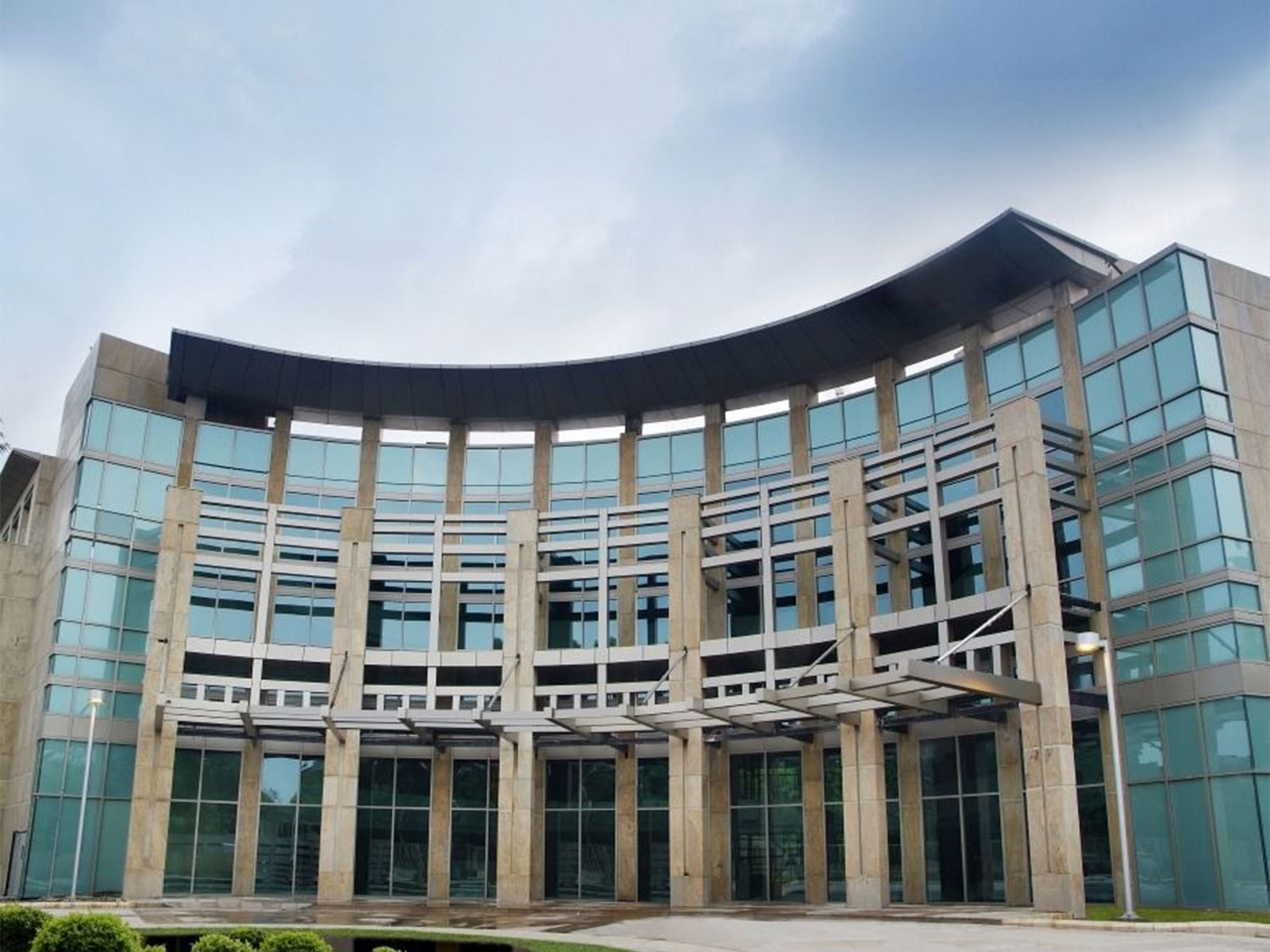
In his preface to this year's Economic Survey, Chief Economic Adviser Arvind Subramanian maintained that John Maynard Keynes was "arguably the greatest economist" and paraphrased him in an attempt to define an ideal survey. The signs were thus clear from the very beginning - when private capital is acting shy, uncertainties loom large, confidence is missing and manufacturing capacities are idle, prime the pump by increasing government expenditure even if it is only for "digging holes and filling them up". The stimulus of "effective demand" will have a multiplier effect on the economy, encourage production, improve bottom lines, increase confidence and stimulate investment.
Finance Minister Arun Jaitley appears to have followed the basic Keynesian doctrine to the letter. As he said, his intention was to spend more while still remaining "fiscally prudent". The spending will, of course, start soon while an assessment of how prudent it is will depend on how well the Keynesian multipliers work, way down the line.
Also Read: Union Budget 2017: Income Tax cut from 10% to 5% for 2.5 - 5 lakh slab
Capital expenditure is set to increase by 25.4% while the fiscal deficit is projected to remain at 3.2 % of GDP, and one can only wish the FM all the luck in sticking to these targets.
The focus of much of the budget expenditure is on the rural sector - roads, MGNREGA, housing, electrification, toilets, etc - and other infrastructure sectors and that is all to the good, on paper. There are, as there always have been, excellent sounding schemes for health, education, skill building and other important "development oriented" areas. The problem, however, is implementation, as always.
There is no change at the grassroots in the nature and functioning of the state apparatus responsible for programme implementation. The age-old zamindar, thanedar, tehsildar nexus continues with new nomenclatures and the trickle-down extends largely to the "catchment areas" of the local political and bureaucratic elite. If the percentage of leakages remains unchanged, an increase in the volume of real expenditure will have some beneficial effect but only a limited one - "transformational" it will not be.
The Economic Survey highlighted the "festering" problem of overleveraged private companies and public sector banks loaded with non-performing assets and the negative consequences for credit, private investment and ultimately growth itself. This appears not to have been taken too seriously in the budget. Of course, not every issue needs to be tackled in the budget and negatives are also best avoided in public spectacles like the budget speech and tackled elsewhere, but the urgency of the matter does merit serious, immediate action.
The so-called "war against corruption" and the demonetisation disaster had called forth indignant comments about the funding of political parties and the black money involved therein. In response, the budget talks about a cap of Rs 2,000 on cash donations to political parties and Electoral Bonds. The measures did not appear to cause any consternation in the ranks of the political parties in parliament and the cynical amongst us would probably conclude that the political money managers will find a jugaad for this too. The measures appear to be a fig leaf that do not, to any observer of Indian systems, cover anything of significance.
Tax breaks for MSMEs and individual taxpayers will certainly be welcomed by the recipients but do not constitute any major transformation of the direct tax structure. Fundamental structural changes have obviously been found, yet again, to be far too difficult to adopt.
Also Read: Budget 2017: Cash donations to political parties capped at Rs 2,000
"Less cash" has been touted as the way to go and POS machines will be cheaper to import and perhaps even to manufacture in India but digitalisation is a slow process, though certainly very important. It will happen over time and encouraging it is a positive step. The transformation, however, started with serious e-commerce, at the turn of the century and has progressed rapidly over the last seventeen years. Reducing the cost of digital payments will help the process greatly; doing away with the service charge on railway e-tickets will simply lead to losses for the railways that will have to pay the credit card companies and payment gateways anyway and earn nothing for the service and convenience offered to the customer.
With the merger of the Railway Budget with the General Budget, no details of the former were available in the speech. Will passenger fares be rationalised, that's increased, to bring them to some sensible level, is unknown. And what happens to freight rates? For far too long, freight has cross-subsidised passenger traffic, creating a hugely distorted and dysfunctional structure that needs surgical intervention.
Furthermore, for a transformation, someone needs to take an axe to the huge shelf of politically motivated projects that are an enormous burden on the railway's finances. The speech however, shed no light on these critical questions. An old adage states that the best place to hide a tree is in a forest. On that principle, the best place to hide messy financials is in a huge financial agglomeration where they are simply not visible.
It is remarkable how the compulsions of politics - vote gathering in a context of established vested interests and perceived vote banks - are powerful enough to sweep aside the compulsions of ideology. The present dispensation was ideologically opposed to "big government" and promised "better governance, smaller government". The corrupt, inefficient state was to be replaced, wherever possible, by the efficient "invisible hand" of the free market. Yet, disinvestment finds no place in the budget speech, Air India continues to fly (our tax rupees at work), and urgent problems of a stressed corporate and banking sector find no solution. No ministry has been closed down, no inefficient subsidies eliminated and the engine of growth remains government spending not private investment.
The political economy of India is obviously extremely daunting, even to a dispensation with an overwhelming majority in parliament. The slogans, the subsidies and the money remain focused, as always, on where the votes are and the delivery mechanisms remain unchanged. Will the end results be any different? Only time will tell.
Also Read: Budget 2017: 13 key announcements by Finance Minister Arun Jaitley


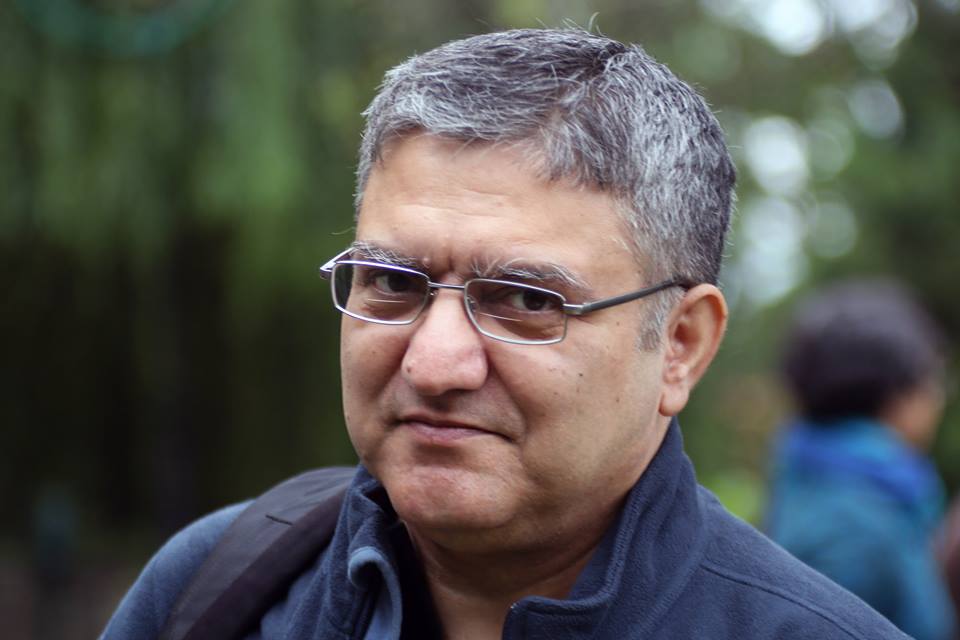
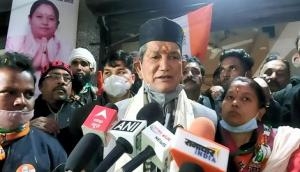
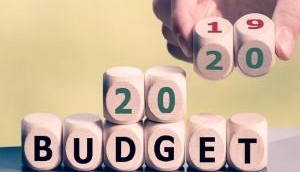
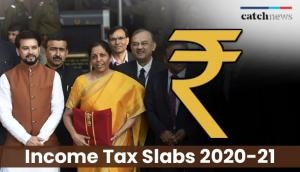
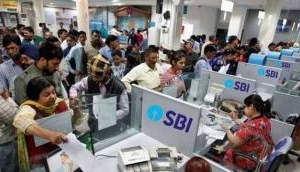
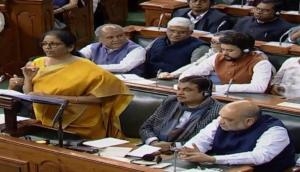
![BJP's Kapil Mishra recreates Shankar Mahadevan’s ‘Breathless’ song to highlight Delhi pollution [WATCH] BJP's Kapil Mishra recreates Shankar Mahadevan’s ‘Breathless’ song to highlight Delhi pollution [WATCH]](https://images.catchnews.com/upload/2022/11/03/kapil-mishra_240884_300x172.png)

![Anupam Kher shares pictures of his toned body on 67th birthday [MUST SEE] Anupam Kher shares pictures of his toned body on 67th birthday [MUST SEE]](https://images.catchnews.com/upload/2022/03/07/Anupam_kher_231145_300x172.jpg)


